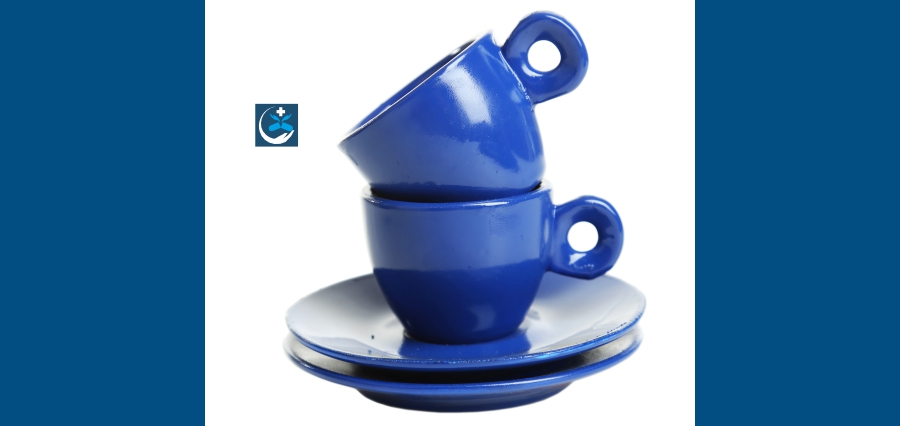A new study discovered that people who followed the plant-based Mediterranean and, on the other hand, brain-focused MIND diets with fewer signs of the hallmark signs of Alzheimer’s disease, sticky beta-amyloid plaques in the brain when autopsied.
MIND is an abbreviation for Mediterranean-DASH Diet Intervention for Neurodegenerative Delay. According to the study, people who followed both diets with “almost 40% lower odds” of having plaques and tangles in brain tissue detected with Alzheimer’s.
Overview
According to the study, adding one food category from the diet, like eating suggested amounts of vegetables or fruits, reduced amyloid build-up in the brain to a level comparable to four years younger.
In a study by author Puja Agarwal, an Assistant Professor in Internal Medicine at the Rush University Medical Center in Chicago, she stated, “Adding greens, berries, whole grains, olive oil, and fish to your diet can delay the onset of Alzheimer’s disease while reducing the risk of dementia as you get older.”
On Wednesday, a study published in the journal Neurology examined the brains of 581 people, each donating their body as part of Rush University’s Memory and Aging Project. Agarwal stated that the project, which began in 1997, has been collecting yearly diet information on participants since 2004.
The current study examined diet data from 2014, spanning an average of six to seven years, and compared it to the number of plaques and tangles found in each person’s brain at autopsy.
End Note
According to the study, “The diets had the greatest impact on beta-amyloid build-up, not tangles with the inverse association and beta-amyloid load is stronger than Mediterranean diet than for the MIND diet.”
Read More News: Click Here







